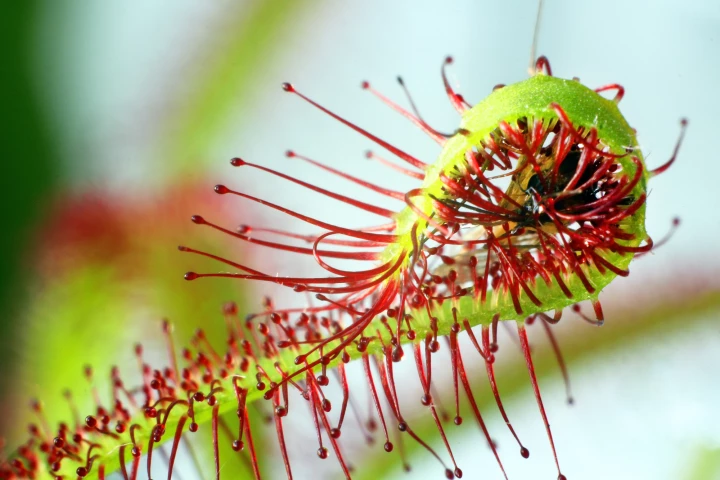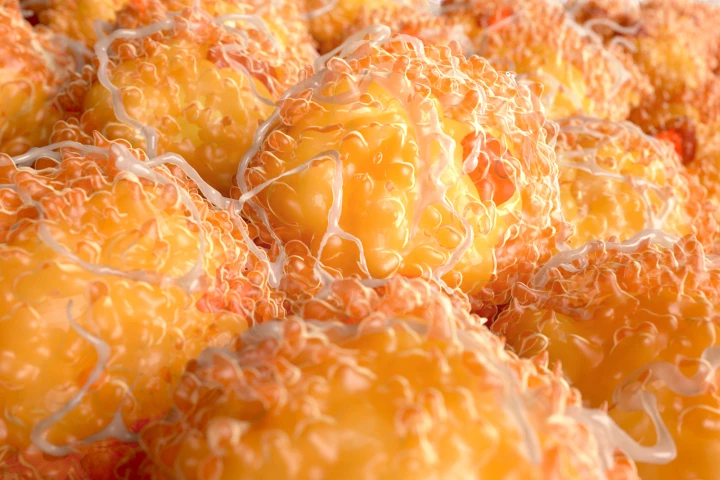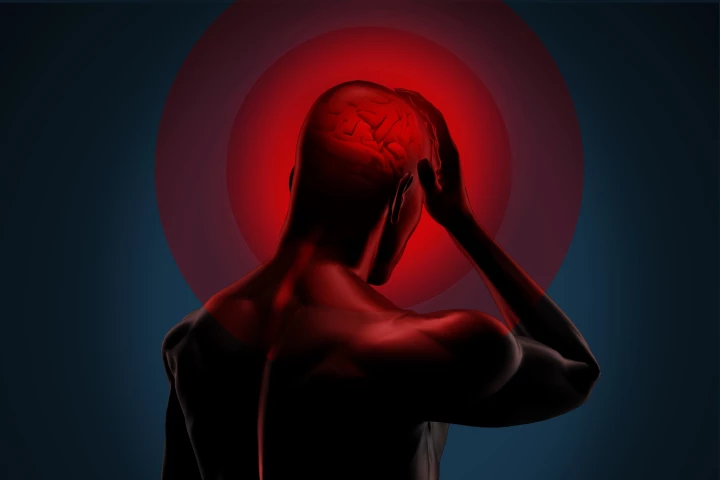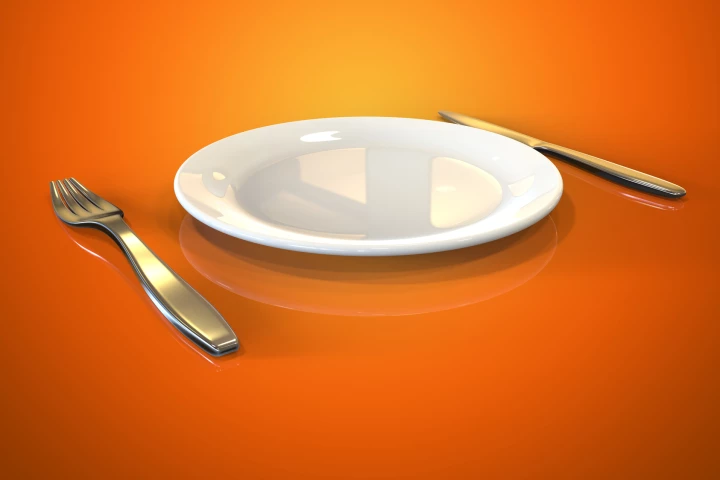Leiden University
-
A promising “two-in-one” experimental drug could tackle both type 2 diabetes and heart disease by slashing cholesterol and inflammation, potentially offering a powerful new way to protect the heart and improve metabolism.
-
Our solar system might still bear the scars from an extremely close shave with an alien star. Such an encounter – the closest pass we know of – would have shaken up objects on the outskirts and might even mean there’s no Planet Nine after all.
-
While being a night owl has a certain cachet, a new study shows that staying up into the wee hours can be downright dangerous. The late-night lifestyle was shown to dramatically raise diabetes risk and cause several other health-damaging effects.
-
Inspired by a carnivorous plant, scientists have created a sticky spray that could kill pest insects as effectively as traditional toxic pesticides. And what's more, it's derived from plain ol' vegetable oil.
-
All it takes is a spin through Instagram to see how keen people are to activate their brown fat cells by sitting in freezing bodies of water. Now, researchers have found a way to do the same thing using a common asthma drug.
-
In a new study, occipital nerve stimulation has been found to reduce the frequency and severity of headaches in patients suffering chronic cluster headaches, and the results suggest low doses of electrical stimulation are as effective as high doses.
-
Researchers at Leiden University in the Netherlands have created the world’s smallest boat. Measuring just 30 microns long, the tiny model was 3D printed as part of a project investigating how to make synthetic “microswimmers” in complex shapes.
-
The results of a trial investigating fasting as an adjunct to chemotherapy have been published, finding the simple dietary intervention can improve the outcome of cancer chemotherapy and potentially reduce cellular damage associated with the therapy.
-
A new metastudy is suggesting anti-inflammatory drugs can reduce symptoms of depression, affirming the long-suspected link between neuroinflammation and depression. However, another study is claiming there is no causal link between the two factors.
-
Astronomers have discovered what may be a "toddler" exoplanet. Orbiting a young binary star system called CS Cha about 538 light years from Earth in the constellation of Chameleon, the object may be less than two million years old and is still growing thanks to the dust disc that it inhabits.
-
When scanning for potentially habitable exoplanets, astronomers look for similar conditions to Earth. Tiny, turbulent pulsars aren’t usually given a second thought, but a new study has calculated that these neutron stars could indeed host habitable planets – under very specific circumstances.
-
Everything that makes you you is in your DNA, but one hypothesis suggests that you're not just a product of the genetic code, but the mechanical cues that determine how that code folds up in your cells. Now physicists in the Netherlands have confirmed that this second layer of information exists.
Load More











